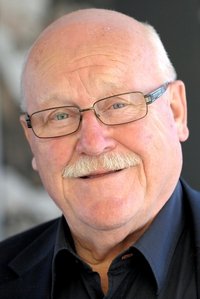Off Season
Mostar 1994-96
Genres
Documentary
OverView
Summer 1994, Mostar, Bosnia and Herzegovina. Two civil wars in only three years has torn the city apart and destroyed it. The town is split into a Croatian majority in the west and a Muslim majority locked in the east. An invisible wall divides the two areas. The EU appoints German social democrat Hans Koschnick as municipal administrator of the town in the hope of rekindling a sense of community there.
Others
Budget
$--
Revenue
$--
Status
Released
Original Language
German
Runtime
125 mins
Rating
0/10
Release Date
16 February 1997
Country
Bosnia and Herzegovina



